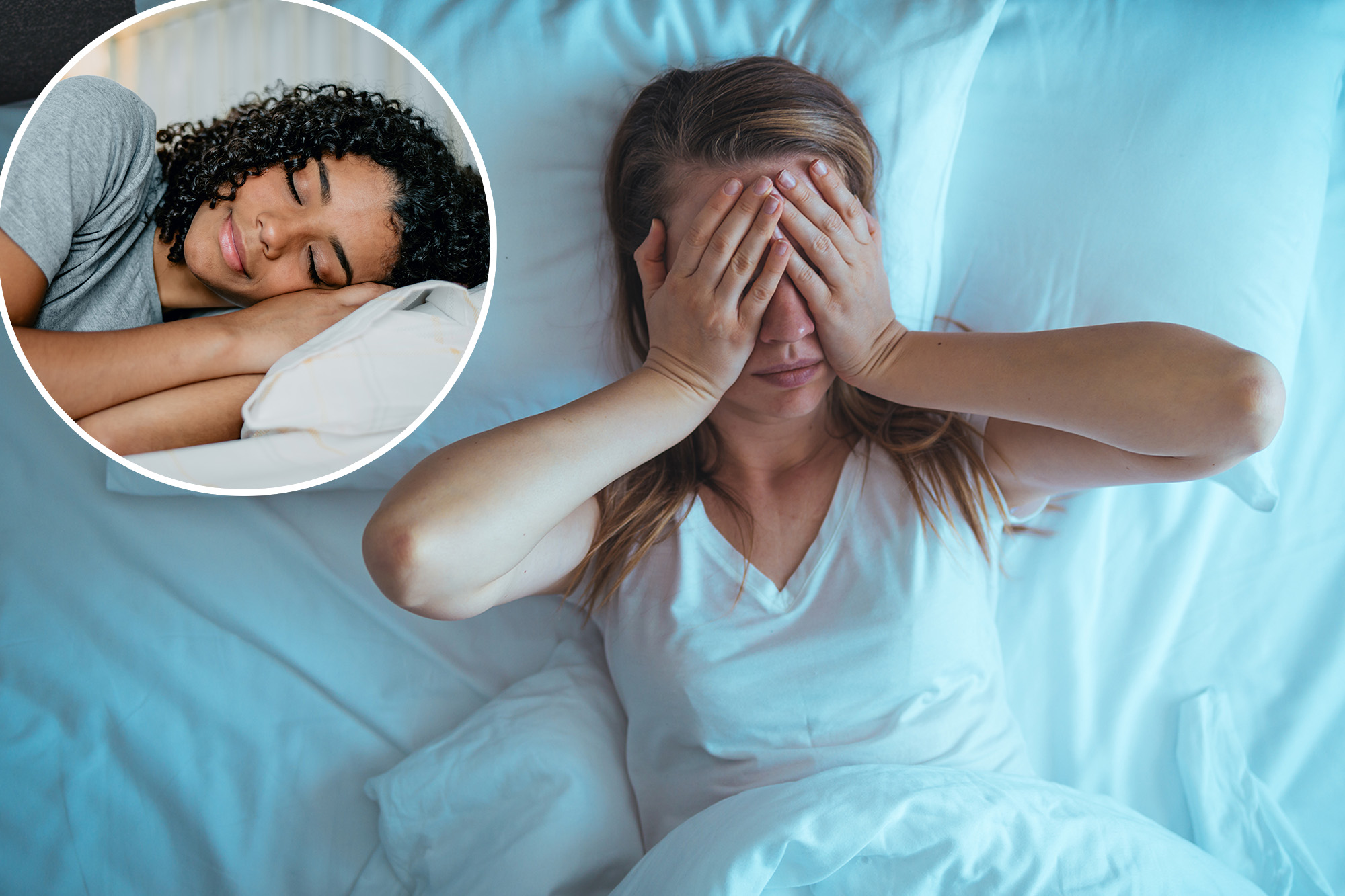Did all the options to sleep better? You are not alone.
About 12% of North -Americans experience chronic insomnia, defined as asleep problems, asleep or back to sleep after waking up at night. Another 30% report sometimes struggled with insomnia.
Researchers have identified the “3 ps” of the insomnia: factors that believe themselves to trigger and extend the usual insomnia.
These include predisposing factors such as medical conditions, age and family history, precipitated factors such as stressful events and mental health challenges, and perpetuating factors such as poor sleep habits, which feed the insomnia cycle.
A new study from the University of São Paulo in Brazil explored how personality traits influence insomnia, linking a particular feature to 61.7% of cases.
“We have decided to study the influence of personality traits on insomnia because it is an extremely common disorder that has negative health consequences, such as an increase in the risk of hypertension, diabetes, anxiety and depression,” said Sleep Psychologist Bárbara Araújo Conway.
“These different physical and mental health conditions lead to a poorer quality of life in general.”
Conway team used the Big Five theory, which describes personality as an openness to experience, consciousness, extraversion, accordability and neurotism.
The researchers divided 595 participants, 18 to 59, in two groups: Insomnians and a control group of people who had no problem sleeping.
Each participant filled a survey of 60 questions to determine their type of personality.
The analysis found that:
- 61.7% of insomnians had high levels of neurotism against 32% of the control group.
- 40.7% of insomnians had low levels of opening compared to 23% of the control group.
- 37.7% of insomnians had low levels of consciousness against 24.1% of the control group.
- 31.5% of insomnians had low levels of ease against 23.2% of the control group.
- Extroversion did not show a significant difference.
“Neurotism was the trait that emphasized the most, with the insomnia with a much higher rate,” said Conway. “But we cannot say that insomnia are more introverted.”
The link between neurotism and insomnia seems to be anxiety.
Neurotics are more likely to experience anxiety, concern, fear and irritability. Anxiety can trigger career thoughts, high heart rate and muscle tension, which makes it difficult to fall asleep.
Conway said depression did not fit into this relationship.
The findings, recently published in the Journal of Sleep Research, suggest the need to treat anxiety along with insomnia.
“We know that most insomnia are highly neurotic,” Conway said.
“These patients deserve to have valued and treated anxiety for their insomnia to improve,” he continued. “Sometimes these are different therapies and medicines, so it is important to take a wider look in the history and particularities of each individual.”
Insomnia treatment can include sleeping drugs and non -medicine options such as relaxation techniques and better sleep routines.
One of the popular roads is cognitive-behavioral therapy, which involves identifying and modifying negative patterns that interfere with sleep.
“We already have a non -pharmacological treatment for insomnia, but just as we do not have a drug that will be effective for all patients, a therapy approach may not work for everyone,” said Conway.
“These results contribute to the development of new psychological and behavioral protocols more personalized for the treatment of insomnia.”
#Insomnians #personality #trait #means #treatment
Image Source : nypost.com
